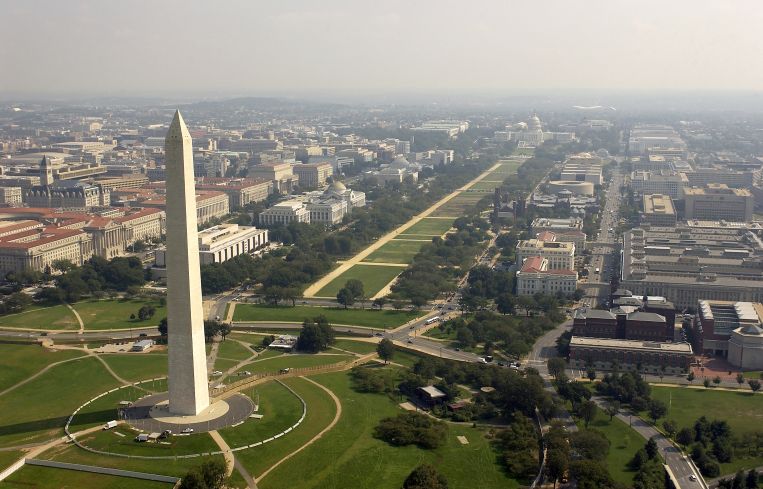Real Estate Pros: Look to D.C. in Trump’s America
By John F. Kevill November 16, 2016 9:10 am
reprints
Since Donald Trump stunned the nation with his victory last week, I’ve been asked numerous times how his presidency will impact the commercial real estate markets in general, and specifically how it will affect Washington, D.C.
The truth is, we are dealing with a political reality that is unique in our time and its effects on real estate markets and the broader financial markets are certainly subject to change. That being said, last week’s stock markets are a great leading indicator of what sectors traders think will benefit from a Trump presidency: defense, banking and construction. That squares well with what will be the five key trends we’ll see in the months ahead.
First, suburban demand: Trump has consistently made rebuilding the military a keystone of his campaign. That’s good for defense-related government contractors in Northern Virginia, who have largely been right-sizing over the past several years and do not have a tremendous amount of excess office space. It’s hard to say how much and how fast they’ll expand at this point, but expect outside the Beltway office markets to benefit the most.
Second, demand in downtown D.C.: Trump clearly let the electorate know that he was not going to be influenced by career politicians and K Street lobbyists. Yet some of the keystones of his campaign, most particularly tax reform and healthcare reform, are phenomenally complex. So there is no doubt you will see some growth in lobbying firms focusing on those sectors. Infrastructure development, banking, immigration and trade are no small lifts either, so it there will be some growth in those sectors as well.
Of course, any increase in office space demand from government programs or from a rise in legislative activity depends on having the people in place to execute strategies. The speed at which the Trump administration fills the seats of appointees will be vitally important to the timing of any activity.
Third, capital: Take the state of play in the world economy, and add Trump’s promise of wholesale renegotiating of trade agreements, and it stands to reason that global economic volatility increases. Generally, that is good for the U.S. and its gateway cities like D.C., as capital seeks safe and predictable yields. The markets rebounded nicely last week after a scare, and as long as the economy appears on track, expect increased capital flow to the U.S.
Fourth, local D.C. investment: Expect continued interest in the best product at low cap rates as long as there are no major shocks to the system. The real story will be in the suburbs, where much of the vacant offices have been considered nearly functionally obsolete. Some of that product will be in high demand (as long as the price is right), and we can expect to see an increase in investment activity speculating on growth in certain areas.
Fifth, national investment: Trump’s promise of infrastructure development is the most fascinating piece of his campaign platform as it relates to commercial real estate values. Depending on the scale and location of this investment, you can expect economic benefits to accrue to cities that to date have largely missed this last growth cycle (such as those in the Rust Belt). Infrastructure investment in roads, bridges, railroads and etc. by definition can provide a lift to some of these smaller cities. Smart money will be looking at the scale and location of these projects and really digging in to see where the impacts will be.
Bottom line: There is reason for optimism—a cautious optimism—both in D.C. and across the nation. If Trump can accomplish what he says he intends to, there will be a benefit to the real estate market and certainly the Washington market in particular. Keep in mind, though, that hardly anything went as expected during this election. Everyone has been surprised thus far, so many in commercial real estate will be hanging on every Trump word and appointment and won’t make any major bets until the signs are clear.
The good thing: Commercial real estate isn’t repriced on a minute-by-minute basis like the equity markets, so we’ll get a look at key trends as they become clearer over time. It will be an interesting ride—and one that could be very good for commercial real estate.
John F. Kevill is a principal in Avison Young’s Washington office and a managing director of U.S. Capital Markets for Avison Young.



